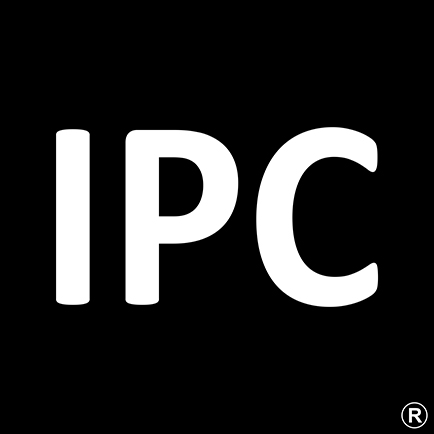Plastic products exist all around us and have become omnipresent in our lives, but many of us take these products for granted and give no thought to how they were produced.
PVC is the third most produced synthetic polymer in the world! PVC has become incredibly popular because of its durability and versatility, and can be used to make everything from gumboots to garden hoses.
In this article we’ll have a look at the average life cycle of a PVC product, starting with raw plastic materials and ending at the product’s disposal.
PVC Compounds
PVC plastic products start their lives out as raw plastic materials. Raw materials are refined to create PVC granules, also known as PVC compounds.
There are various types of compounds including rigid injection compounds, flexible injection compounds, flexible extrusion compounds, and rigid extrusion compounds. The type of compound will determine the product production process, as well as the flexibility of the end product.
Extrusion or Injection Processes
PVC granules are bought from manufacturers and are melted down to create various PVC products, either through injection moulding or extrusion processes. These products are usually made in large batches.
Sale of the Product
Once the product has been created it is shipped off and sold to retailers who then go on to sell the product to consumers. Products could be sold directly from the manufacturer to the consumer in some cases.
Use of the Product
Once the PVC product has been bought by the consumer, it is put to use! Most PVC products usually have a long lifespan and can be used for many years thanks to PVC’s durable qualities.
Disposal of the Product
Once the product’s lifespan is up and is no longer useful to the consumer it can be repurposed, donated, disposed of, or recycled in certain cases. It all depends on the type of PVC product.
Are you looking to purchase raw plastic materials in South Africa? Here at Innovative PVC, we offer a wide range of raw plastic materials and would be more than happy to offer you our professional advice. If you have any questions at all, please feel free to get in touch with us.


